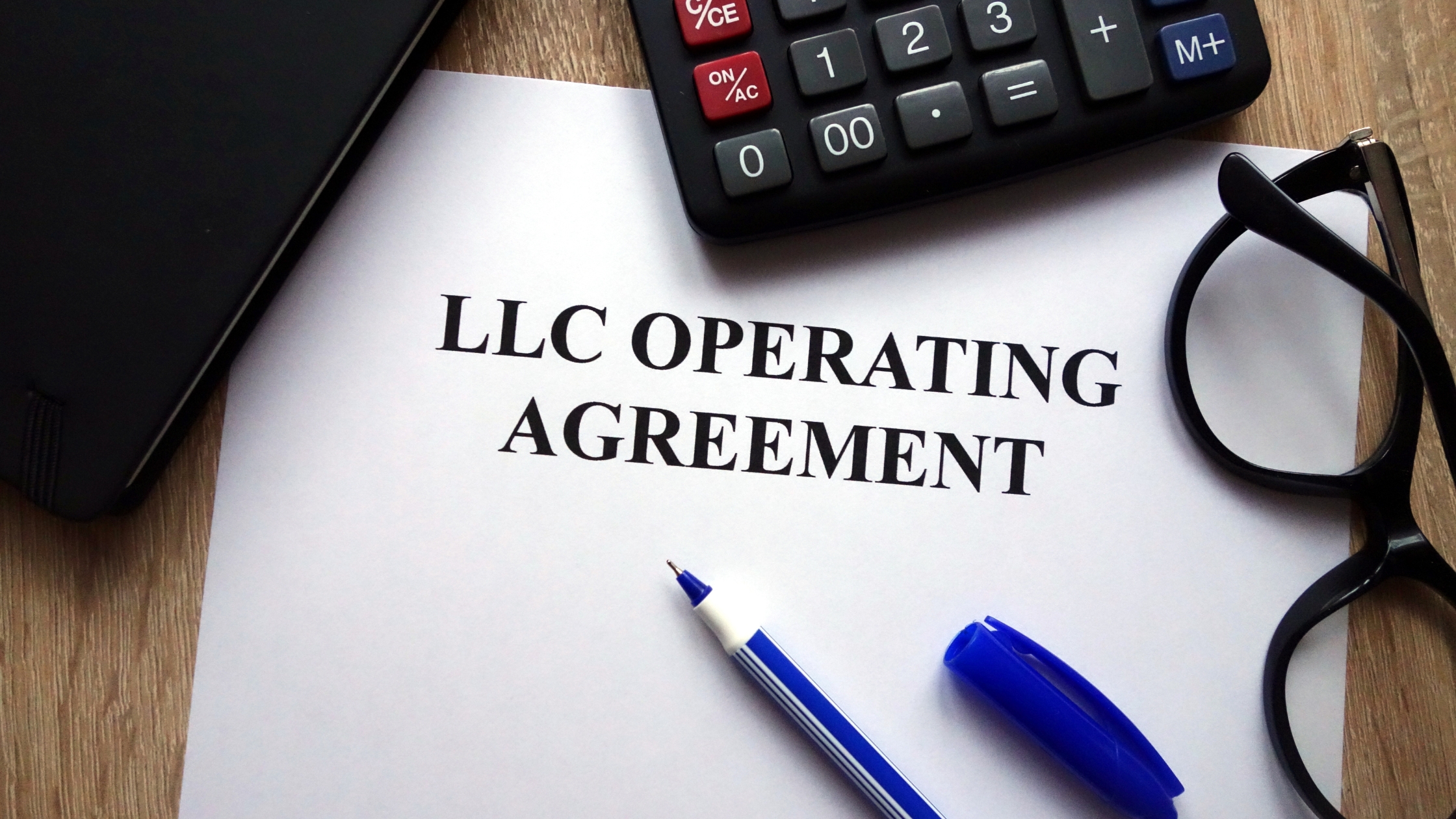If you are interested in starting a business, you may have heard of LLCs, corporations, and sole proprietorships. All of these terms can be quite confusing because they all mean different things when it comes to business. Each one has its pros and cons, but if you are interested in starting an LLC, let’s talk about what that means.
What does it mean to have an LLC
LLC stands for limited liability company, and it is a business structure in the United States that protects its owner from personal liability for debts or litigations related to the business. Ultimately, LLCs are a hybrid between corporations and sole proprietorships.
They are not necessary for all businesses, but they can be a great way to protect the owner’s assets should the company go into debt or incur a lawsuit. With the reality of most businesses failing within the first five years, if you have assets that need protecting, an LLC may be the smartest way to go.
Limited liability companies can have unlimited shareholders, but they do not have to have annual shareholder meetings and they do not have to have a board of directors either. For taxation, LLCs are taxed on a pass-through basis, which means all the profits and losses for the business can be passed through each member’s personal taxes. This makes tax returns for LLCs really easy to file.
If you are starting a business and you are concerned about keeping your assets safe, you may want to start an LLC. LLC stands for limited liability company, and it is a way to easily protect your assets from being lost if the business fails. If you are interested in starting an LLC, you can contact Aspen Commercial Lending, and our team of experts can help you through the process.






